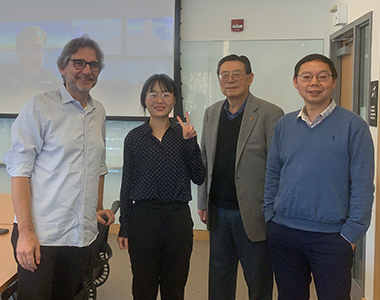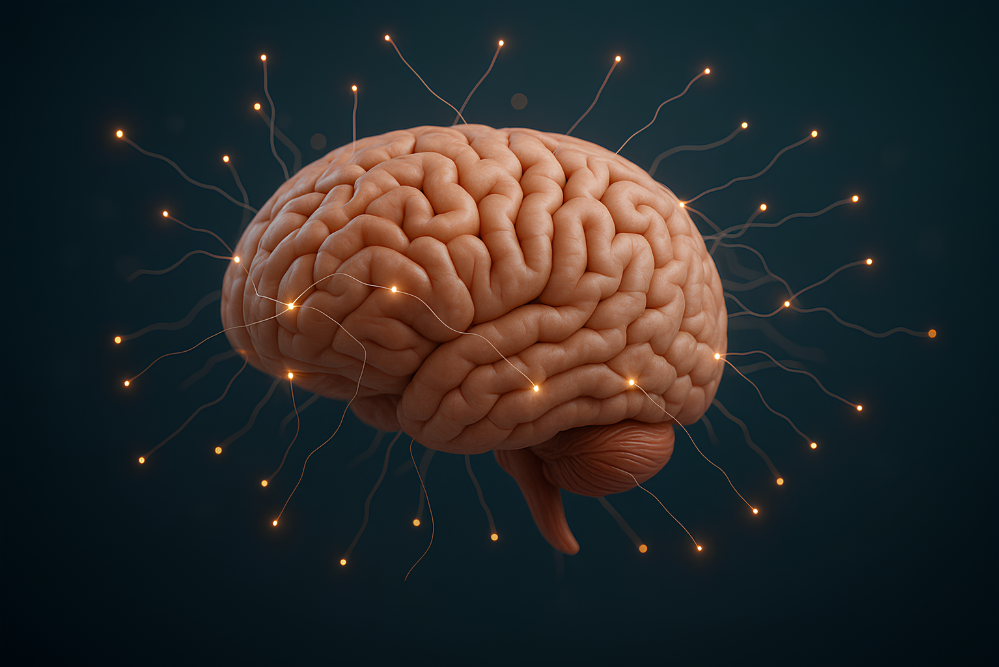Cerebral Blood Flow (CBF), which is crucial for maintaining energy supply to support synaptic activity, is known to be a strong indicator of brain function. Therefore, CBF, along with other factors, is used to link blood oxygenation signals to cellular activity in the brain.
This year’s International Conference on Computer Vision (ICCV) showcased several SBU’s AI researchers, sharing their notable milestones in the field of Computer Vision. Their contributions to a variety of fields—including robotics, machine learning, and augmented reality, among others—were presented at the premier international computer vision conference, which is regarded as one of the top conferences in computer vision, alongside CVPR and ECCV.
The annual conference, which was held in Paris between October 2nd and 6th, comprises the main conference along with several co-located workshops and tutorials. Researchers from around the world are invited to present their findings.
What goes through screenwriters’ minds when they’re paging through a novel? Do they care more about the time limits of the film they want to make, or do they focus on capturing the content and the spirit of the story? What about dialogue, or narration? The relationship between a novel and its film adaptation has repeatedly been a subject of interest within the research community. As AI experts continue to analyze and help improve the screenwriting process, demand for generative applications like ChatGPT that can help automate creative tasks is on the rise.
Empirical Methods in Natural Language Processing, or EMNLP, is a leading conference in the fields of Artificial Intelligence and Natural Language Processing. Organized by the ACL Special Interest Group on Linguistic Data (SIGDAT) and started in 1996, EMNLP was recently recognized as the 2nd most mentioned in Natural Language Processing.
Researchers from Stony Brook University’s Departments of Biomedical Informatics (BMI), Computer Science (CS), and Chemistry recently appeared in Nature Communications for their work in molecular property prediction.

Climate change has led to an increase in extreme weather events over the past few decades. As a result, there’s a growing need for visualization systems that can help scientists, emergency managers, and other concerned stakeholders to better prepare for potential catastrophic events. Since, of all these disasters, floods occur the most frequently (they account for 43% of natural disasters worldwide), predicting how they may impact a certain region has become vital to human survival.









